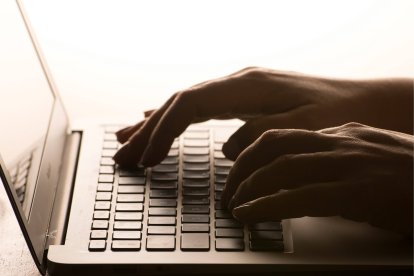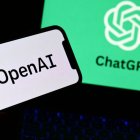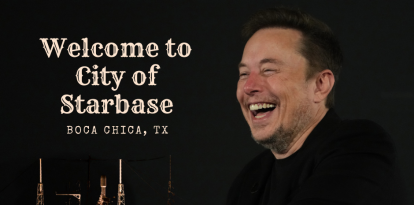Are we all artists? The AI revolution is redefining the world of music
AI-created music is rewriting the rules of the game, offering an infinite canvas for the imagination while challenging our notions of art and authenticity.

AI makes it possible to create music just by typing instructions into a platform.
Music, one of the oldest and most profound forms of human expression, is undergoing an unprecedented transformation thanks to artificial intelligence (AI). Tools such as Suno, Udio and Riffusion, among others, have democratized music creation, allowing anyone, regardless of technical background or resources, to produce songs in minutes.
This phenomenon is not only redefining how music is created, but also how we perceive it, raising questions about authenticity, creativity and the future of art.
A revolution in musical creation
Just a few years ago, producing a song required time, talent and, often, access to resources such as instruments, recording studios or music training. Today, AI platforms have removed those barriers. For example, a person can log on to Suno, write an instruction indicating the musical style and theme they want it to address and, within minutes, get a track complete with lyrics, melody and professional production.
This level of accessibility is transforming music into a medium at everyone's fingertips, from hobbyists to content creators in search of original soundtracks.
AI not only mimics existing styles, but can generate compositions that defy the distinction between human and machine. These tools combine technical precision with an uncanny ability to evoke emotions. However, this facility raises a dilemma: can a machine capture the authenticity we associate with human music? The answer is not simple, but the impact of these technologies is already undeniable.
Democratization versus authenticity
One of the greatest contributions of AI-generated music is its ability to democratize creativity. In a world where a teenager without access to music lessons can create a song from his phone, this technology is opening doors to new voices.
This silent revolution allows people from diverse backgrounds to express their ideas without the need to master music theory or invest in expensive equipment. Platforms such as Udio, which converts texts into full songs in less than half an hour, or Riffusion, which offers detailed control over each musical layer, are empowering creators who were previously excluded from the process.

Society
OpenAI sues Musk: 'He could not tolerate seeing such success for an enterprise he had abandoned'
Santiago Ospital
However, this accessibility comes at a potential cost. Traditionally, music has been a reflection of human endeavor, of the struggle to find a unique voice across technical and personal limitations.
If anyone can create a song that sounds like a famous artist just by writing a few words, is their work still authentic? Or is it the emotional connection with the listener that really matters, no matter who - or what - created it?
Human-machine collaboration
The future of AI music does not seem to be a total replacement of human artists, but a dynamic collaboration. Current tools already act as creative assistants, helping composers explore new ideas or overcome creative roadblocks. For example, a musician might use Riffusion to experiment with bass lines or harmonies before recording a final version with his band. This synergy could lead to entirely new genres, where AI brings technical possibilities and humans inject intent and meaning.
In the coming years, we are likely to see an increase in personalization. Imagine apps that generate soundtracks tailored to your emotions in real time or playlists created specifically for a moment in your life, based on data such as your heart rate or listening habits.
Ethical and legal dilemmas on the horizon
Beyond artistic issues, AI-generated music is generating ethical and legal debates. Who owns the rights to a song created by an algorithm? If a platform like Suno uses thousands of songs to train its model, should the original artists receive compensation? Currently, intellectual property laws are not prepared to address these questions.
Another fear is the impact on professional musicians: if brands can generate jingles in seconds, what will happen to songwriters who rely on those works?
A new challenge for creativity
Paradoxically, the biggest limitation of AI-generated music could become the next big challenge for artists: finding authenticity in a world without technical barriers.
AI can generate any sound, but only humans can decide which stories deserve to be told. In this sense, technology does not replace creativity, but redefines where the value of music lies: in the vision, not in the performance.
This could be compared to the world of magic. Previously, magicians repeated tricks and kept the manner in which they performed them secret.
However, since the magician Val Valentino launched a program in the late 1990s in which he revealed how the most famous magic tricks were done, and with the massification of the use of the Internet, magicians began to make more effort and to perform more and more fascinating and original tricks. Some, even, instead of getting angry as in the past, invite their followers on social networks to try to decipher the secret of a certain trick.
What does it mean to be an artist today?
AI-created music is rewriting the rules of the game, offering an infinite canvas for the imagination while challenging our notions of art and authenticity. Today, these tools are empowering millions of people to create, but they are also forcing us to rethink what it means to be an artist in a world where machines are collaborators. In the future, success will not depend on mastering an instrument, but on knowing how to guide AI to make us better artists, or whatever they want to call us.
RECOMMENDATION






















